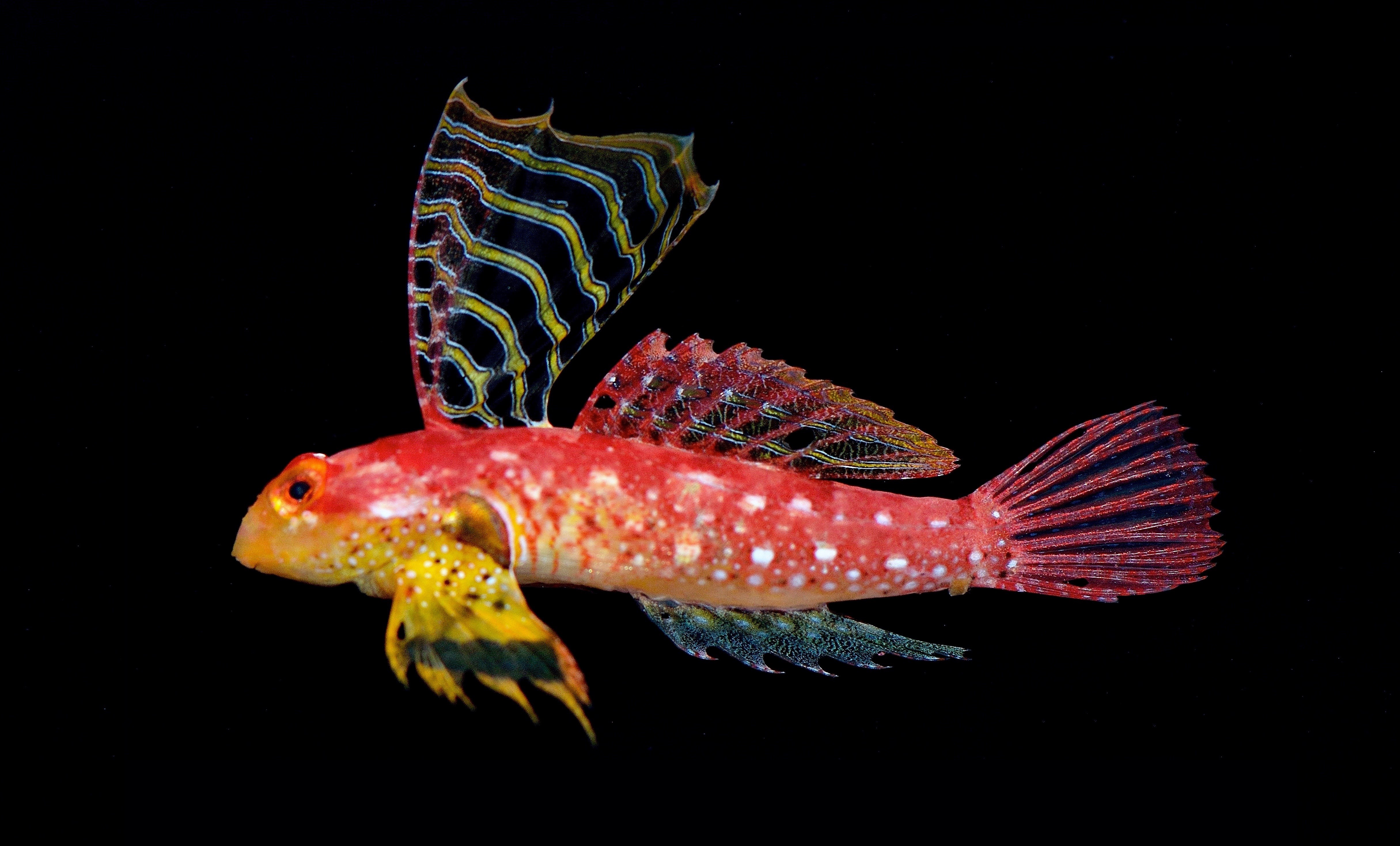Discover Ockham’s Razor
Ockham’s Razor

Ockham’s Razor
Author: ABC listen
Subscribed: 2,647Played: 52,965Subscribe
Share
© Copyright 2024, Australian Broadcasting Corporation. All right reserved.
Description
Ockham’s Razor is a soap box for all things scientific, with short talks about research, industry and policy from people with something thoughtful to say about science.
319 Episodes
Reverse
If you've been wondering where we've been – Ockham's Razor is going on hiatus for a little while.But don't worry, we've got your pod needs covered with Tegan Taylor's other excellent and informative shows, Quick Smart and What's That Rash?Find more episodes of Tegan's podcasts here:Quick SmartWhat's That Rash?Presenter:Tegan TaylorProducer:Tegan Taylor, Rose KerrSound engineer:Bethany Stewart
What role could you play in the fight against space junk?This week, Mars shares her thoughts on the role of citizen science in space research.
Scientists have lots of different ideas about how to conserve our native species. One of these ways is rewilding.
Razia Zakarya is an epigeneticist. But what does an epigeneticist do exactly? Razia is here to explain! Today, why DNA and epigenetics is important for chronic disease research.
Science doesn't have to be restricted to old white men in lab coats. Maddie reckons it's time to make science fun! Without losing it's important messages.
First Nations people were the first scientists in Australia. But they don't just stay in the past tense – they're still here, and still actively contributing to science.Today's speaker Maggie Walter is Palawa and she's here to talk about how we think about First Nations science.
Today's speaker Chelsea explores the extreme cold in Antarctica to bring home something important... Ice cores! These ice cores can be used to uncover clues about Australia's past.
Today's speaker works with radio of a slightly different sort – radio astronomy!Dr Laura Driessen explains what radio is… and isn't.
As cities grow, nature becomes more and more fragmented. So how can we protect native species without big areas to conserve?Brendan Wintle says we need look into smaller places, like your own backyard or the bushland down the street.
Guess what happens when art and science collide?
Fire has been fundamental for human development - but have you ever stopped to think about how it might be causing us harm? Fay Johnston wants us to rethink our relationship with fire, through a retelling of a story.
Bread... Beer... Bioengineering?Yeast really can do it all.Today's speaker Jason Whitfield wants us to consider what our world could look like with emerging bioengineering tech.
Diving into the "twilight zone", there's some amazing aquatic creatures. These fish fascinate today's speaker Yi-Kai Tea. He's even named a few.
Do you have a favourite mineral? Maybe you love the gleam of a tiger's eye or the sparkle of an amethyst.
Flora Hui's hope for the future is that blindness from glaucoma no longer exists.And as an optometrist and researcher, she's at the forefront of finding better treatments.
Microfluidics is an exciting field of science that has the potential to change the way we do drug trials. Today's speaker Susi Seibt is keen to explore the future applications of this teeny tiny science.
What do you love about that first sip of beer? Maybe it's the bitterness, the fizz or the fruitiness?
Beneath the cold ice sheets of Antarctica lies the dynamic deep earth. So what happens when the two interact?Today's speaker Niam is eager to find out.
Let's go on a space adventure!Gomeroi woman and astrophysics honours student Krystal explores the scale of our universe.
If we had a time machine, we could go back and fix the mistakes we've made. But that probably isn't the best way to prevent mistakes before they happen...Trish Kerin believes everyone has a right to be safe at work and has a creative way to encourage us to spot warning signs early, saving us from mistakes ahead of time.






is it true